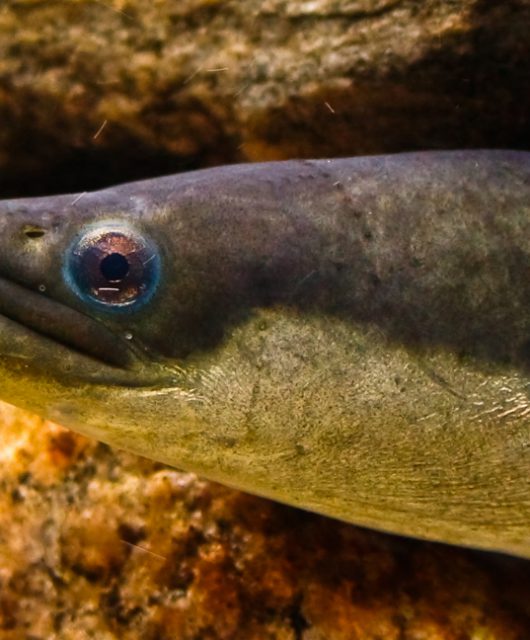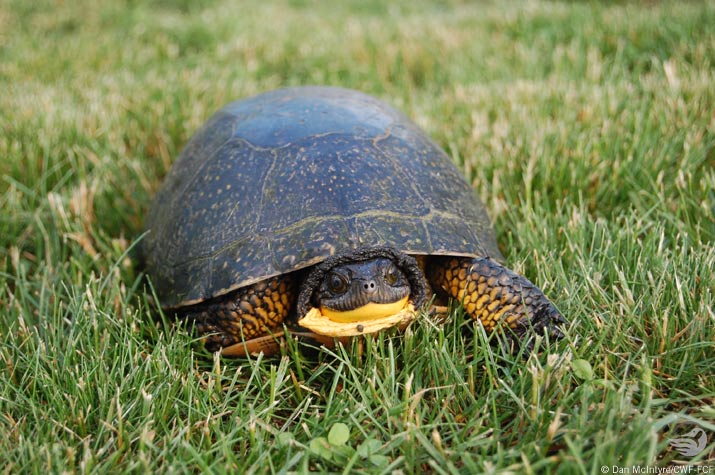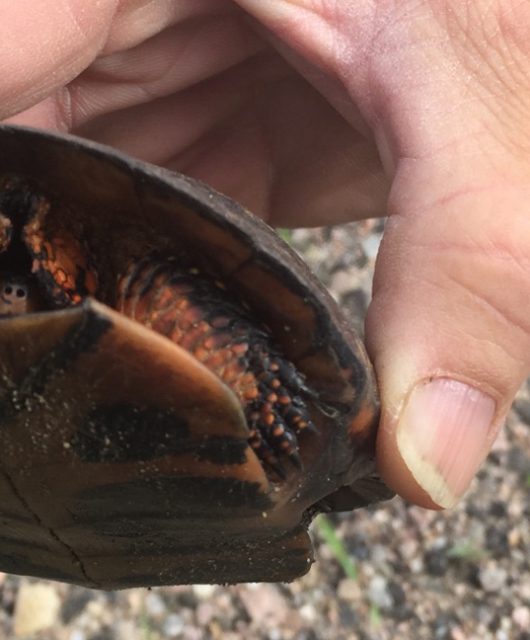Marine Animal Response and Necropsy
This summer, CWF has teamed up with the Ocean Tracking Network to bring you a series of live webinars about the North Atlantic Right Whale – one of the most critically endangered large whales on the planet. In July, we hosted a conversation between Sean Brillant, CWF Senior Conservation Biologist for Marine Programs, and Tonya Wimmer, Executive Director of the Marine Animal Response Society.
Every year, more than 1,000 marine animal incidents are reported in Canada. Many of these involve large marine animals, such as the North Atlantic Right Whale, that are already critically endangered. Sean and Tonya discussed the importance of responding to marine animal emergencies and the key role you and other Canadians can play by reporting incidents.
Sadly, some of these incidents have tragic endings. When a marine animal dies, a necropsy (or autopsy) can help us better understand and conserve marine wildlife. In the recording below, Tonya discusses her experience participating in North Atlantic Right Whale necropsies and shares rare images.
Sean and Tonya also recorded a follow-up Q&A to answer your questions about marine animal response and necropsy. What happens if a large animal is beached in a location that is difficult to retrieve? How do you prepare emotionally to respond to these events or perform a necropsy? Watch the webinar and Q&A below.
Thank you for watching. If you missed our first webinar – Saving the North Atlantic Right Whale – you can watch the recording here. And stay tuned for our next webinar coming in September.
To help conserve the North Atlantic Right Whale and all marine species, we ask that you sign CWF’s national petition encouraging our federal government to take further action to reduce fatal ship strikes and to show strong leadership in the conservation of our marine wildlife. Thank you for your support.



